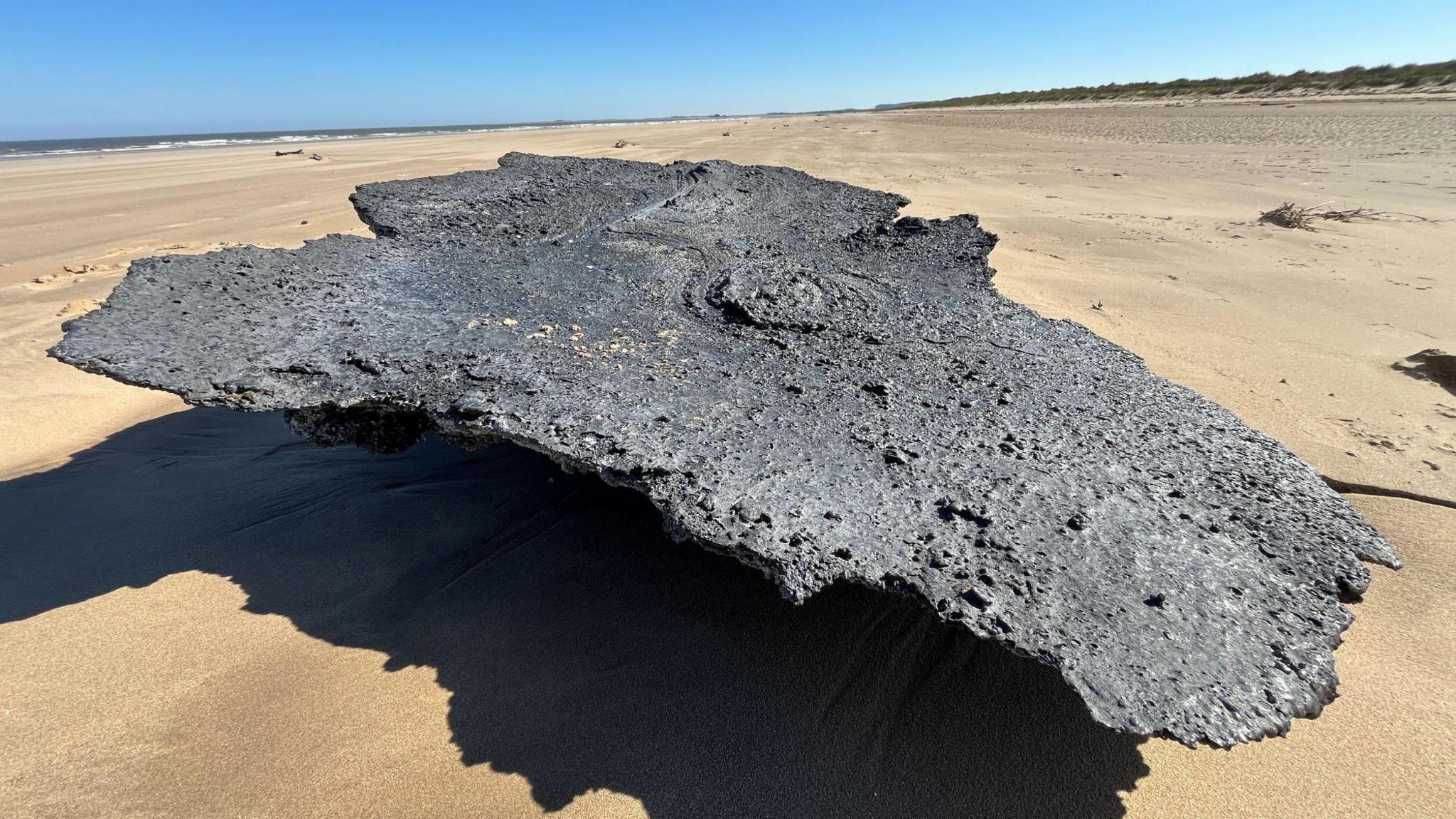'Radical rethink needed' over ship lookouts after North Sea crash
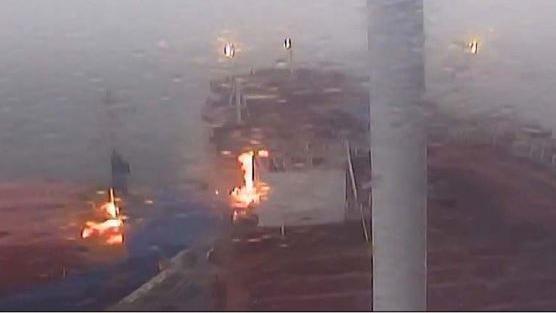
The moment of impact between the Solong cargo ship and the tanker Stena Immaculate was caught on CCTV
- Published
Britain's marine safety body has called for a "radical rethink" over the use of ship lookouts "in the digital age" following a fatal collision in the North Sea and three other incidents. But any changes to regulations would require international agreement and could take as long as a decade to implement, the BBC has learned.
On 10 March, the Portuguese cargo ship Solong struck the US-flagged oil tanker Stena Immaculate, which was laden with jet fuel and anchored 13 miles (20km) off the East Yorkshire coast. The ships did not have "dedicated lookouts" in what were "patchy conditions", an interim report by the Marine Accident Investigation Branch (MAIB) suggested.
Mark Angelo Pernia, 38, a Filipino crew member on the Solong, remains missing presumed dead, with the ship's captain, Vladimir Motin, accused of gross negligence manslaughter – a charge he denies. Mr Motin is due to stand trial in January.
Now, a new report, also published by the MAIB, suggests that in light of that incident, as well as three other collisions, external, there is a need to "radically rethink the role of human watchkeepers in the digital age".
It states: "Humans do not make good monitors and if under-stimulated they will find other things to occupy themselves."
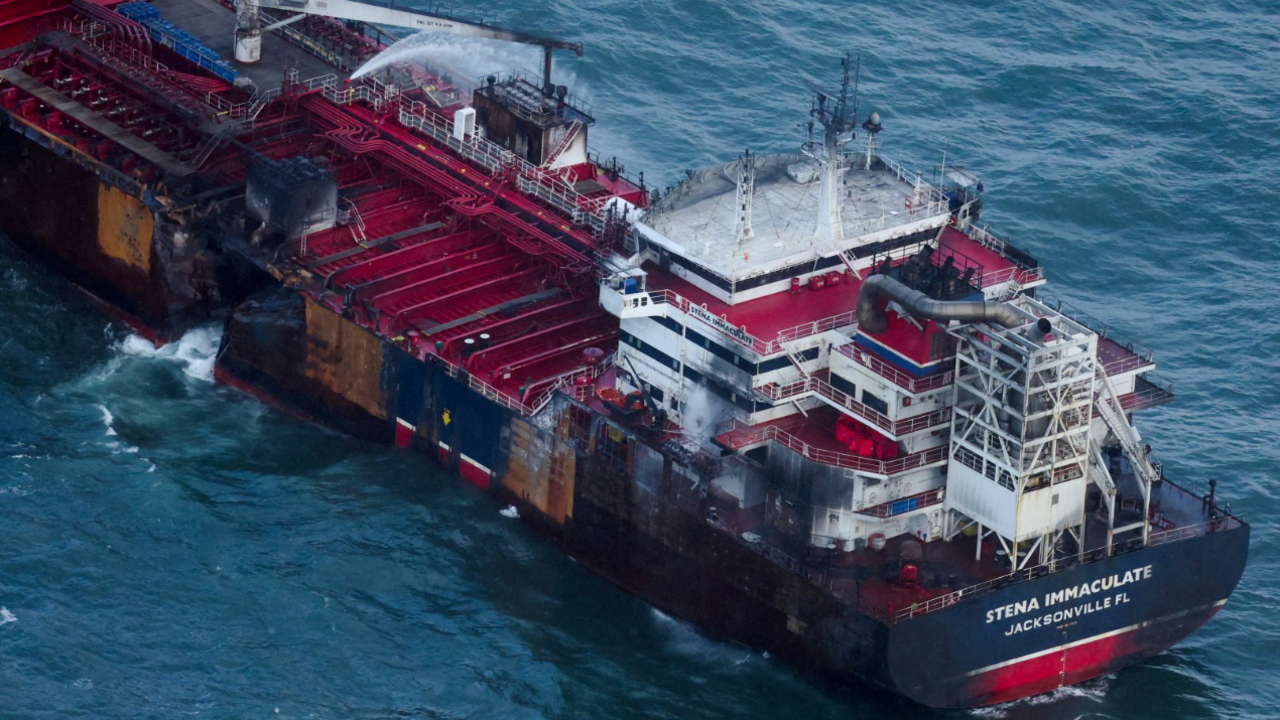
The Stena Immaculate was carrying more than 220,000 barrels of jet fuel for the US military
The report adds that "humans can... be reluctant to utilise system functions that will alert them to impending problems".
David McFarlane, a marine safety consultant and accredited expert witness, said all vessels, regardless of whether or not they were moving, had "an obligation to keep a proper look-out".
This requirement is stipulated under the International Regulations for Preventing Collisions at Sea, which states that vessels must "maintain a proper lookout by sight, hearing, and all available means, to assess the situation and risk of collision".
Mr McFarlane said crews of cargo ships, including tankers, were assisted by safety mechanisms such as a Bridge Navigational Watch Alarm System (BNWAS).
This was "designed to alert others if the officer of the watch doesn't respond to something, such as another vessel approaching", or to a person "falling asleep or becoming incapacitated".
"These systems require some degree of human intervention. Someone is needed to turn them on when the vessel is moving," he said.
An alternative system, or tweaks to existing technology that would enable them to be "automatically activated" as soon as a vessel set off from port, "could be the way forward".
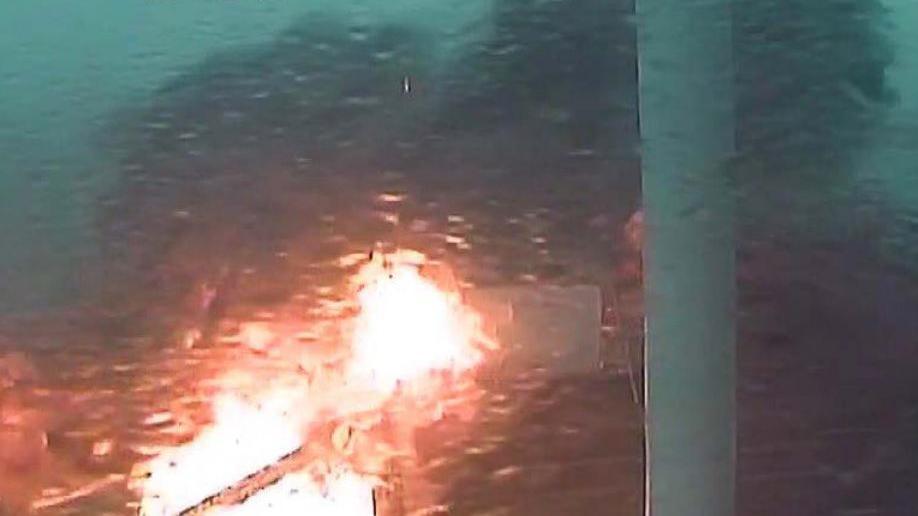
One member of the Solong's crew is presumed dead, with 36 across both vessels surviving
According to Mr McFarlane, the Maritime and Coastguard Agency (MCA) could issue an urgent safety ruling requiring UK-flagged ships to be fitted with fully automated anti-collision systems.
However, given the volume of marine traffic from around the world that passes through UK waters, he said it was likely that any proposal would need to pass through the International Maritime Organisation (IMO).
This "could take between four and 10 years for any measures to be brought in", due to member countries needing to agree.
Mr McFarlane said BNWAS, radar systems and other safety mechanisms, such as the Automatic Identification System, were fitted with "a number of alarms" designed to alert crew to an impending collision.
In respect of BNWAS, he said "an alarm should sound in a public area", in order to ensure others were alerted should the person steering the ship become "incapacitated" or "distracted".
In addition to using new technology to avoid collisions, he said there should be a review of "really tight schedules", which created "very, very hectic conditions" for seafarers.
"Ships will often spend less than 24 hours in port before setting off again," he added. "On top of that, captains will be having to deal with customs and excise and paperwork around the cargo and immigration."
A spokesperson for the IMO said: "We look forward to receiving any proposal from the UK arising from the investigation into the incident."
The MCA said it would be inappropriate to comment before the final conclusions of the MAIB investigation into the North Sea collision were published.
However, a spokesperson said that while there were "comprehensive regulations and international conventions in place" regarding safe watchkeeping practices on vessels, the agency would "consider any formal recommendations from the final report".
Listen to highlights from Hull and East Yorkshire on BBC Sounds, watch the latest episode of Look North or tell us about a story you think we should be covering here, external.
Download the BBC News app from the App Store, external for iPhone and iPad or Google Play, external for Android devices
Related topics
- Published3 April

- Published28 March
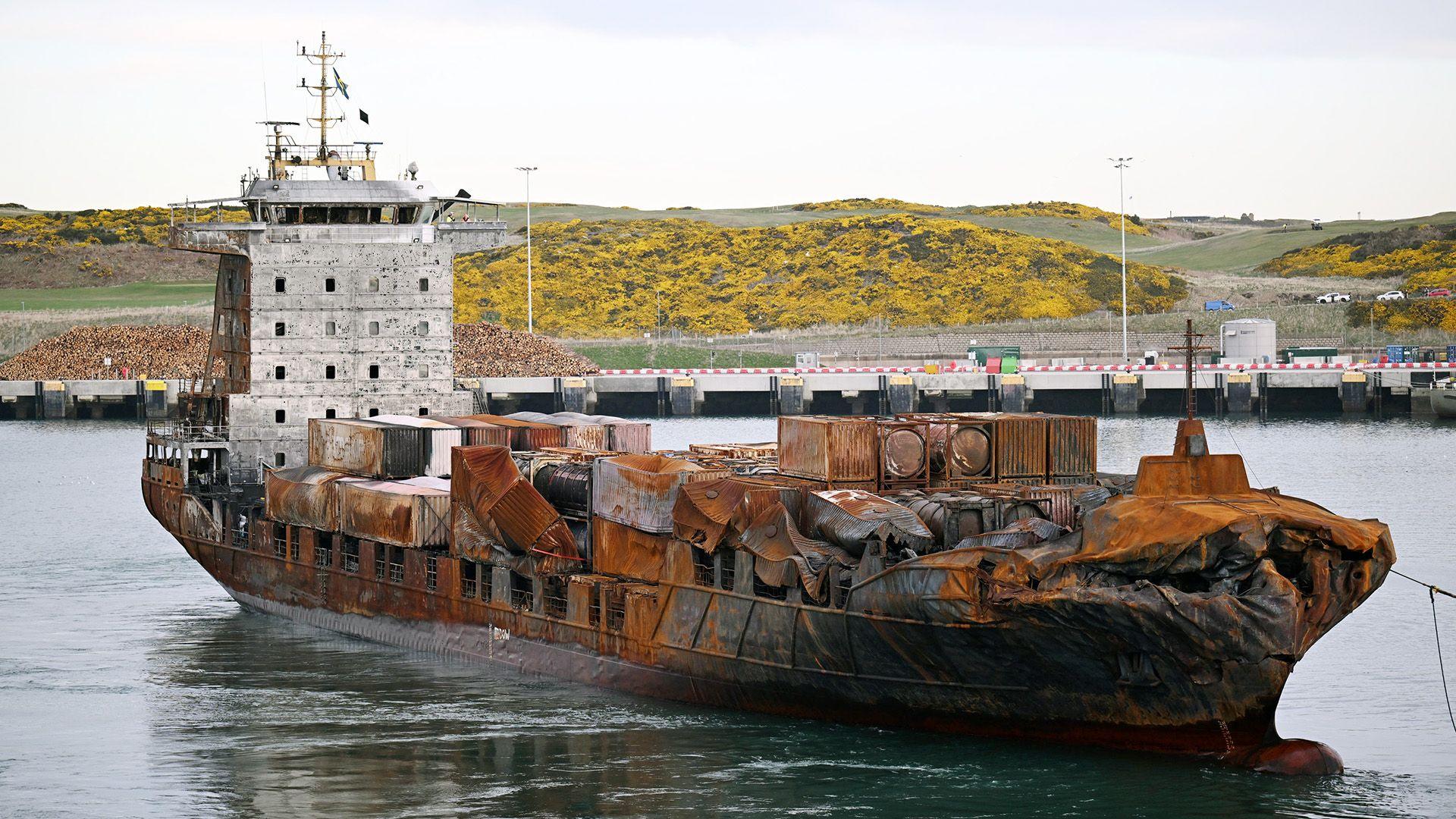
- Published18 March
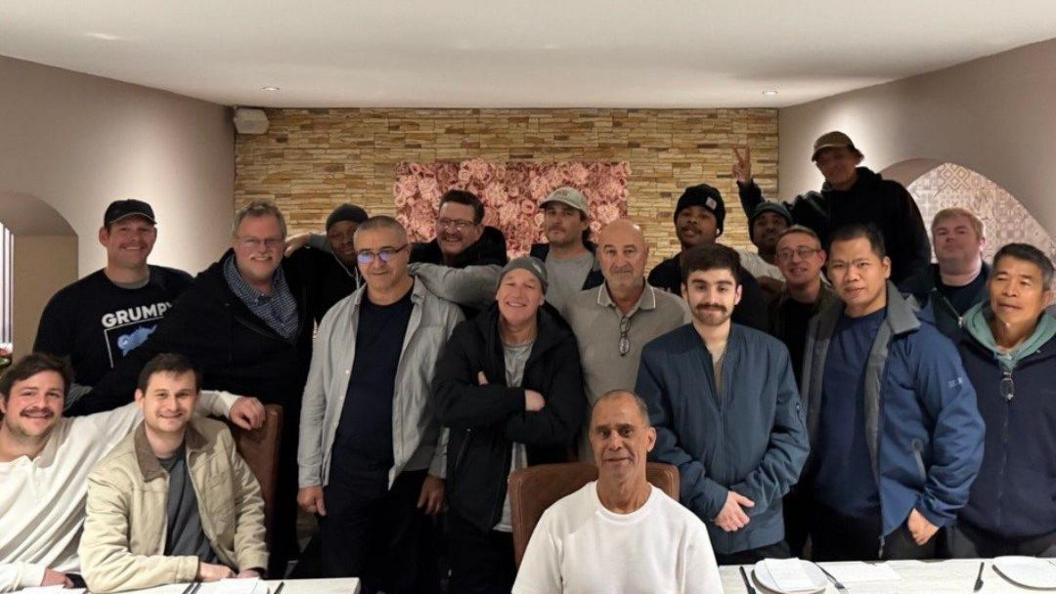
- Published19 March
